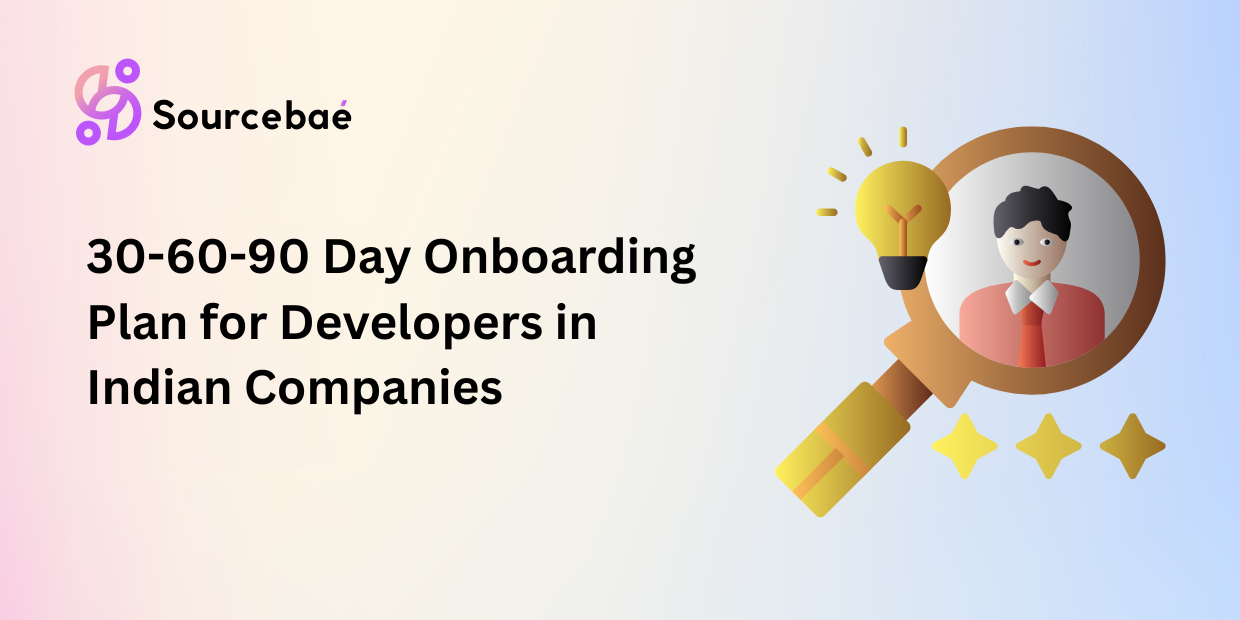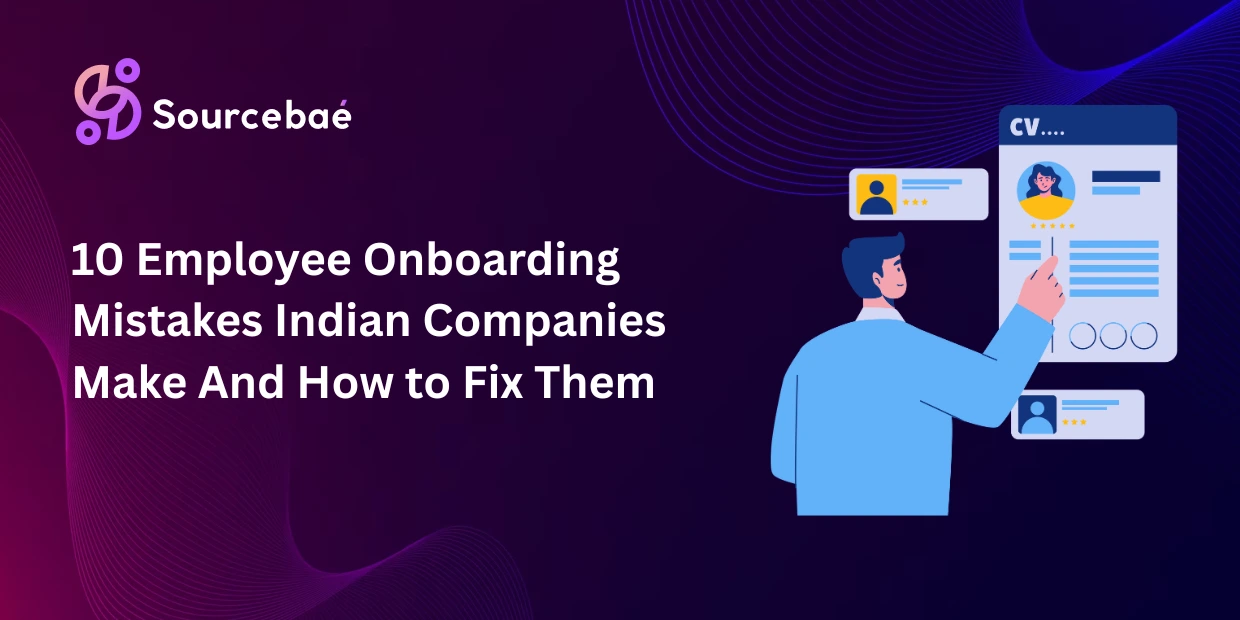Deploying Python applications on the Google Cloud Platform (GCP) opens up a world of possibilities for developers, businesses, and startups alike. GCP offers a reliable and scalable infrastructure that can handle your Python applications with ease. In this article, we will take you through a step-by-step journey, from setting up your GCP environment to deploying and managing your Python applications effectively. Whether you are new to cloud computing or an experienced developer, this guide will provide valuable insights and practical tips to make your deployments successful.
The Power of GCP for Python Deployments
Google Cloud Platform, often referred to as GCP, is a suite of cloud computing services provided by Google. It offers a wide range of tools and products designed to help businesses and developers build, deploy, and scale applications effectively. Some of the key advantages of using GCP for Python deployments include:
- Scalability: GCP allows your Python applications to scale seamlessly as your user base and traffic increase.
- Flexibility: Choose from various deployment options, including virtual machines, containers, and serverless functions.
- Reliability: GCP’s robust infrastructure ensures high availability and minimal downtime for your applications.
- Security: Google’s world-class security measures protect your data and applications from potential threats.
Setting Up GCP Environment
Creating a GCP Account
To get started with GCP, you need to create an account. If you don’t have one yet, visit the GCP website and follow the sign-up process. Google often provides free credits to new users, which you can use for experimentation.
Creating a New Project
Once you have your GCP account, the next step is to create a new project. Projects help you organize your GCP resources and billing. Follow these steps to create a new project:
- Go to the GCP Console.
- Click on the “Select a Project” dropdown in the top navigation bar.
- Click on the “New Project” button.
- Give your project a name and click “Create.”
Setting Up Billing
Before you start deploying Python applications on GCP, ensure that you have set up billing for your project. Here’s how you can do it:
- In the GCP Console, navigate to the “Billing” section.
- Select your project from the dropdown.
- Click on “Link a billing account” and follow the instructions to set up billing.
Installing GCP SDK
The Google Cloud SDK is a set of command-line tools that allows you to interact with GCP services from your local machine. To install it:
- Go to the Google Cloud SDK documentation and follow the installation instructions for your operating system.
- After installation, run
gcloud initin your terminal to configure the SDK with your GCP account.
Deploying Python Applications
Choosing Deployment Options
GCP offers multiple deployment options for Python applications. You can select the one that best suits your project’s requirements:
- Virtual Machines: Deploying Python applications on virtual machines allows you to have full control over the environment. Use Compute Engine to create and manage VM instances.
- Containers: Containers provide a lightweight and consistent environment for your applications. Use Kubernetes Engine to manage containerized Python apps.
- Serverless: Serverless computing allows you to run code without managing servers. Use Cloud Functions for serverless Python deployments.
Deploying Python App on Virtual Machines
- Create a new VM instance using the GCP Console or the
gcloudcommand-line tool. - Choose the appropriate machine type, OS image, and other configurations.
- SSH into the VM and install Python and any required dependencies.
- Upload your Python application code to the VM.
- Run the application and test its accessibility.
Deploy Python App using Kubernetes
- Set up a Kubernetes cluster using the GCP Console or
gcloud. - Create a Docker image of your Python application.
- Push the image to Google Container Registry.
- Deploy the image to your Kubernetes cluster.
- Ensure proper scaling and load balancing configurations.
Deploying Python App as Cloud Functions
- Write your Python function following the guidelines for Cloud Functions.
- Deploy the function using the GCP Console or
gcloud. - Test the function with sample data.
Managing Python Applications on GCP
Monitoring and Logging
GCP provides powerful monitoring and logging capabilities through Stackdriver. Monitor your Python applications’ performance, analyze logs, and set up alerts for potential issues.
Autoscaling and Load Balancing
Ensure that your Python applications can handle traffic spikes efficiently by configuring autoscaling and load balancing settings. GCP’s load balancers distribute incoming traffic across multiple instances for improved performance and reliability.
Managing Databases
If your Python applications rely on databases, GCP offers various managed database services like Cloud SQL and Cloud Firestore. These services handle database administration tasks, allowing you to focus on application development.
Continuous Integration and Continuous Deployment (CI/CD)
Implement CI/CD pipelines to automate the build, test, and deployment process of your Python applications. Tools like Cloud Build and Cloud Deployment Manager can help streamline the development workflow.
FAQs
Can I deploy Django applications on GCP?
Yes, GCP fully supports Django applications. You can deploy them using virtual machines or containers with ease.
How can I secure my Python applications on GCP?
GCP offers various security features, such as Identity and Access Management (IAM), firewall rules, and SSL certificates, to secure your Python applications.
Does GCP provide a free tier for Python deployments?
Yes, GCP offers a free tier with limited resources for new users to experiment with the platform.
Can I use third-party libraries in my Python app on GCP?
Absolutely! You can install and use any Python libraries that your application requires on GCP.
Is it possible to deploy multiple Python applications within the same GCP project?
Yes, you can deploy multiple Python applications within a single GCP project, each in its isolated environment.
What happens if my Python app exceeds the allocated resources on GCP?
In GCP, you can configure autoscaling to handle increased traffic, ensuring your app can scale dynamically to meet demand.
Conclusion
Deploying Python applications on Google Cloud Platform empowers developers to build scalable, efficient, and reliable applications. Throughout this article, we have explored the process of setting up a GCP environment, choosing deployment options, and effectively managing Python applications. With GCP’s rich set of tools and resources, you can bring your Python projects to life and deliver exceptional user experiences.
Remember to optimize your deployments based on your specific needs and continually monitor and improve performance. The flexibility and scalability of GCP ensure that your Python applications can adapt.
If you’re a developer aiming to land a job at top tech companies, Sourcebae is here to make it easier for you. Simply create your profile, share your details, and let us take care of the rest—from matching you with the right opportunities to guiding you through the hiring process.
If you’re looking to hire top-tier python developers for your company, Sourcebae makes the process effortless. Simply tell us your requirements, and we’ll match you with vetted, pre-screened python developers who fit your needs—whether you’re building a startup team or scaling an enterprise project. We handle the sourcing, screening, and coordination, so you can focus on growing your business with the right talent by your side.






